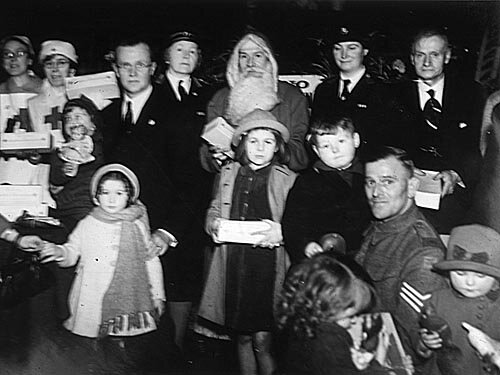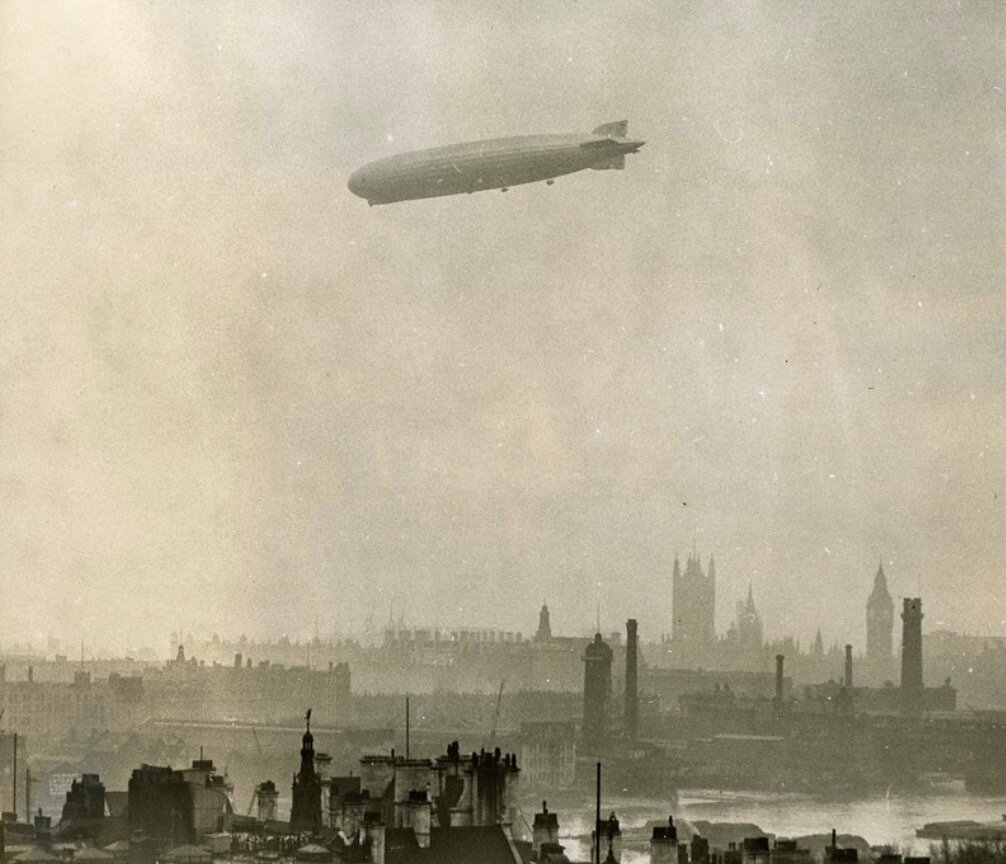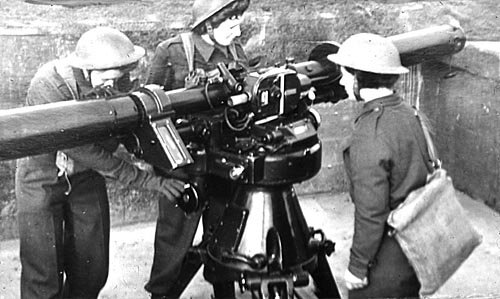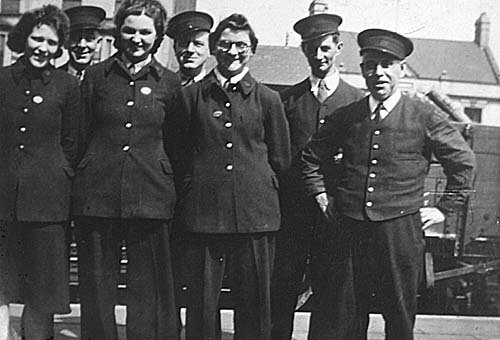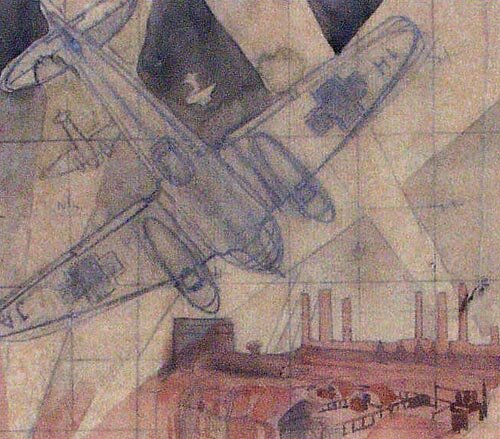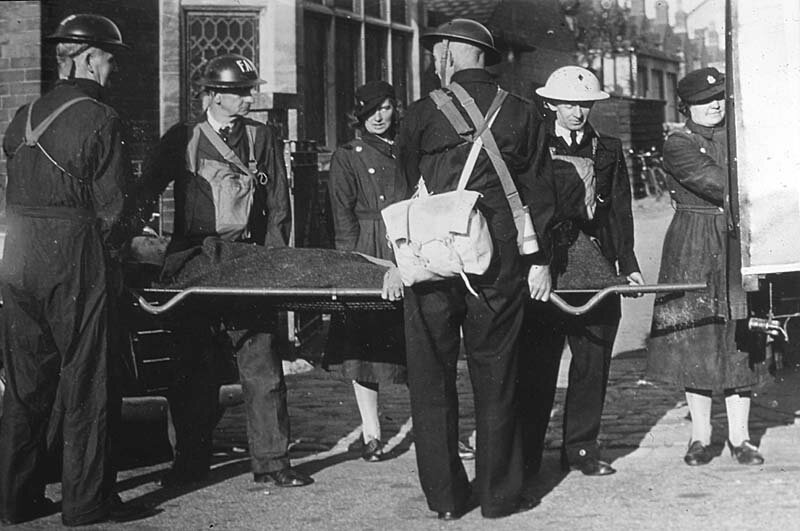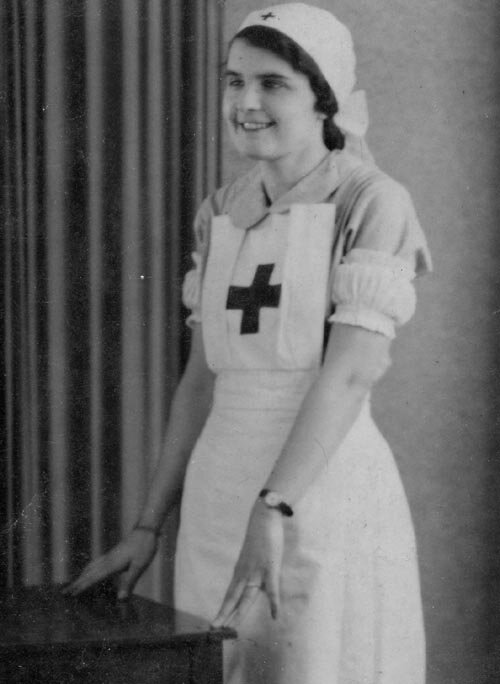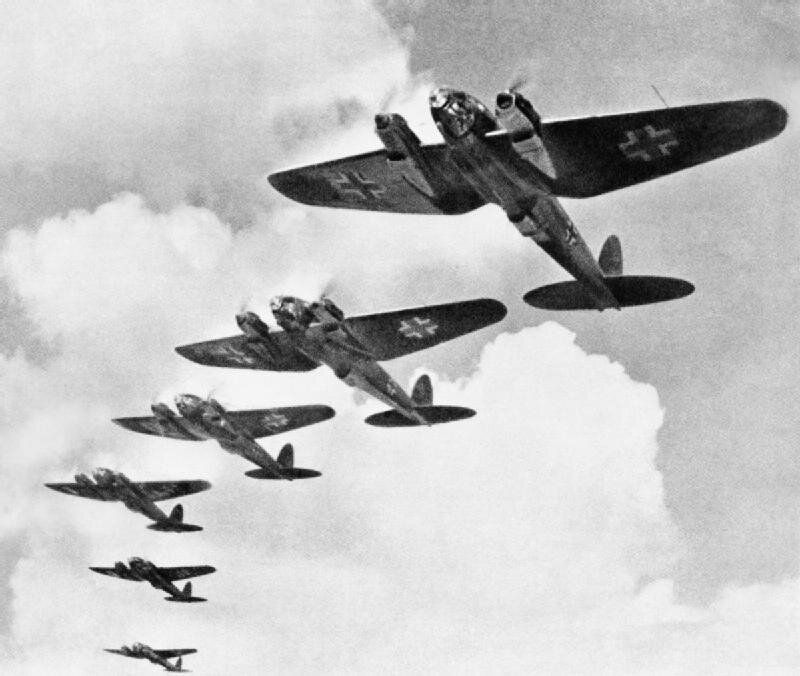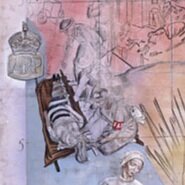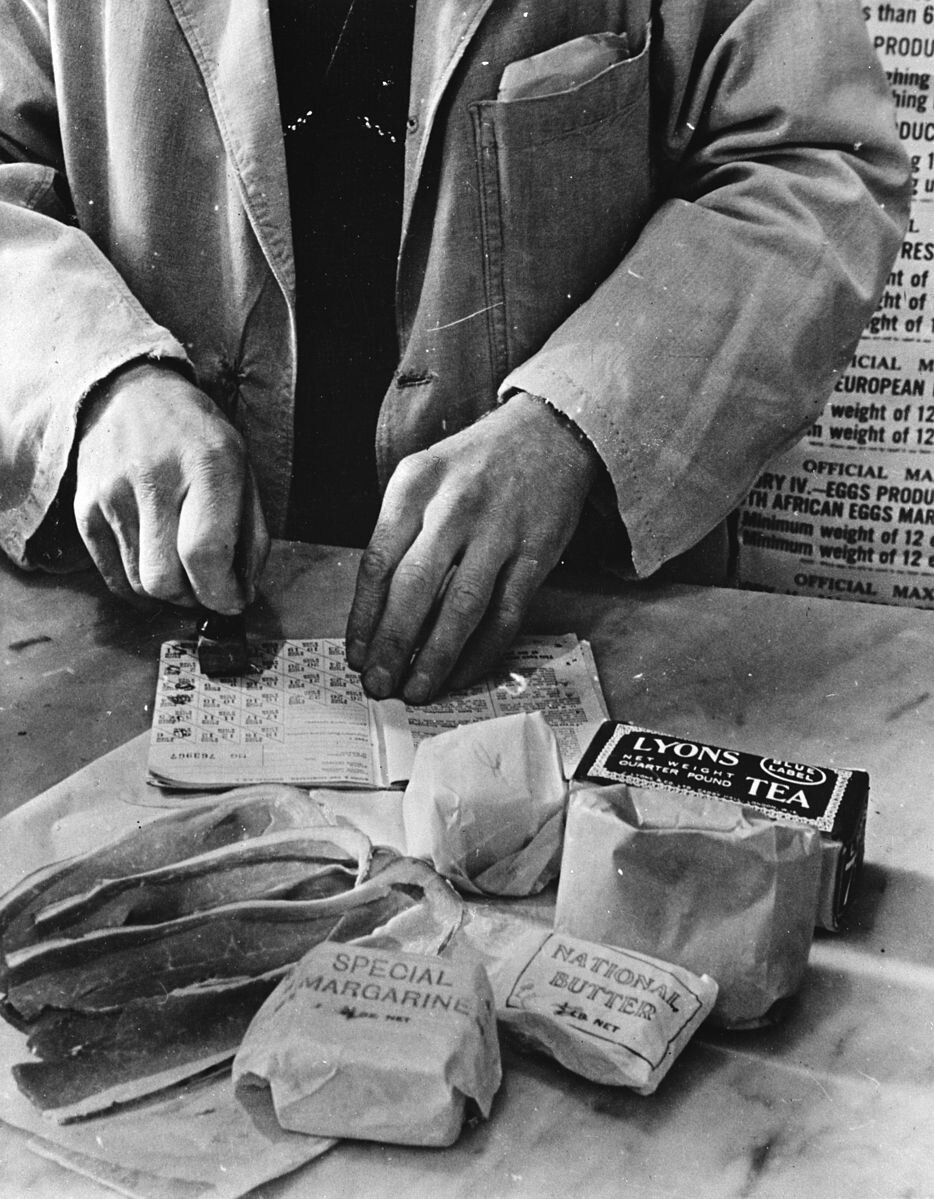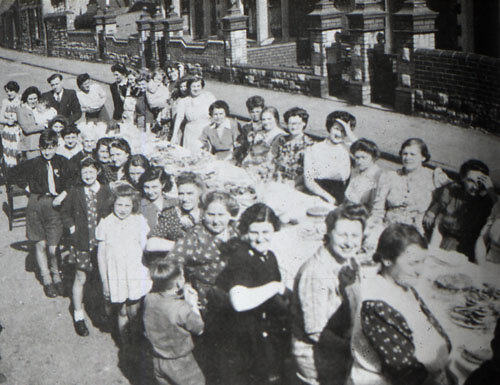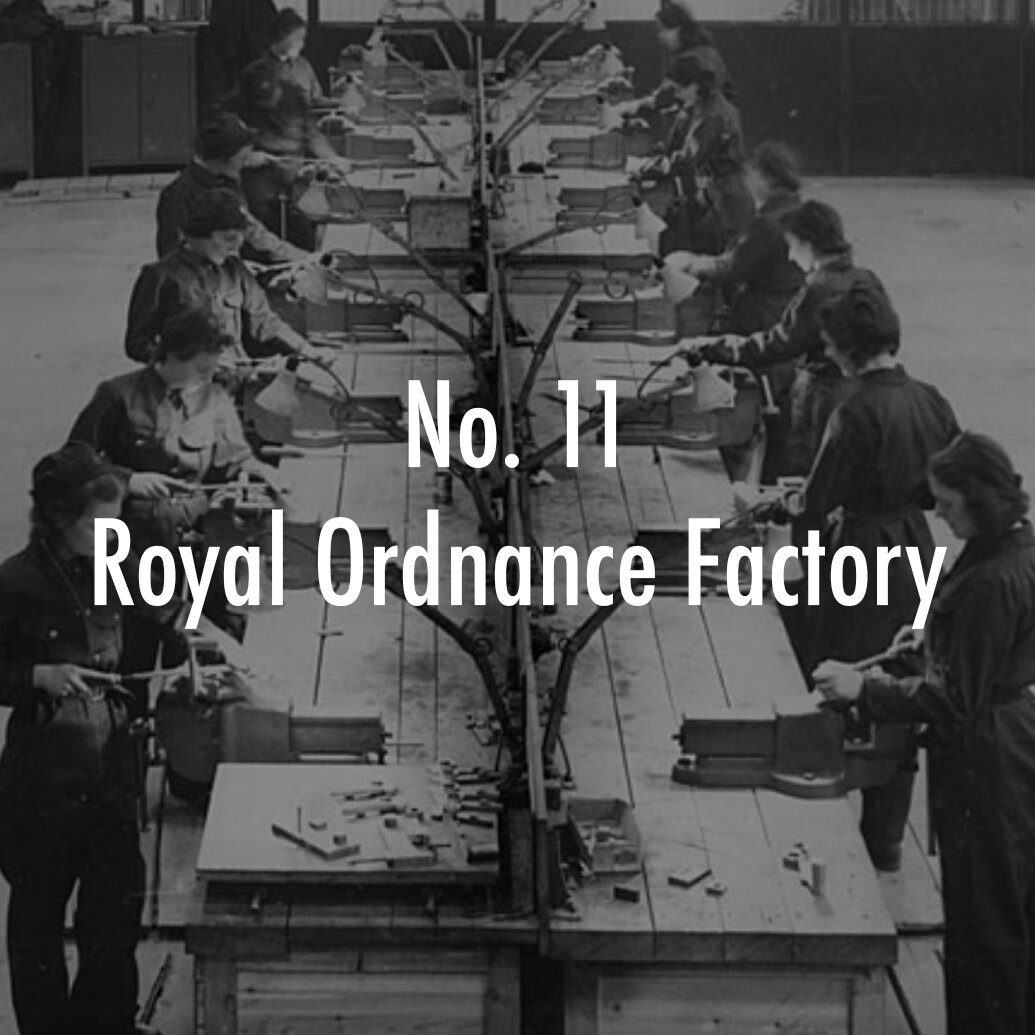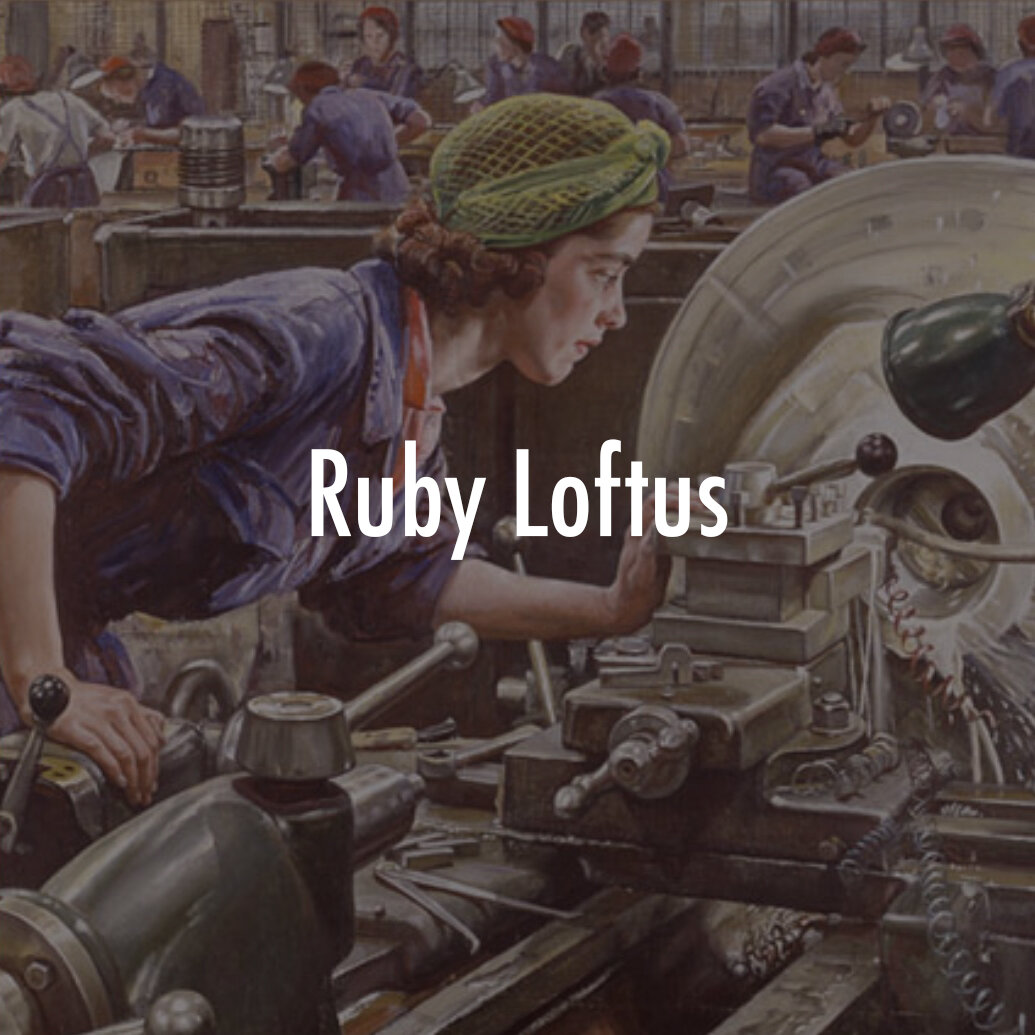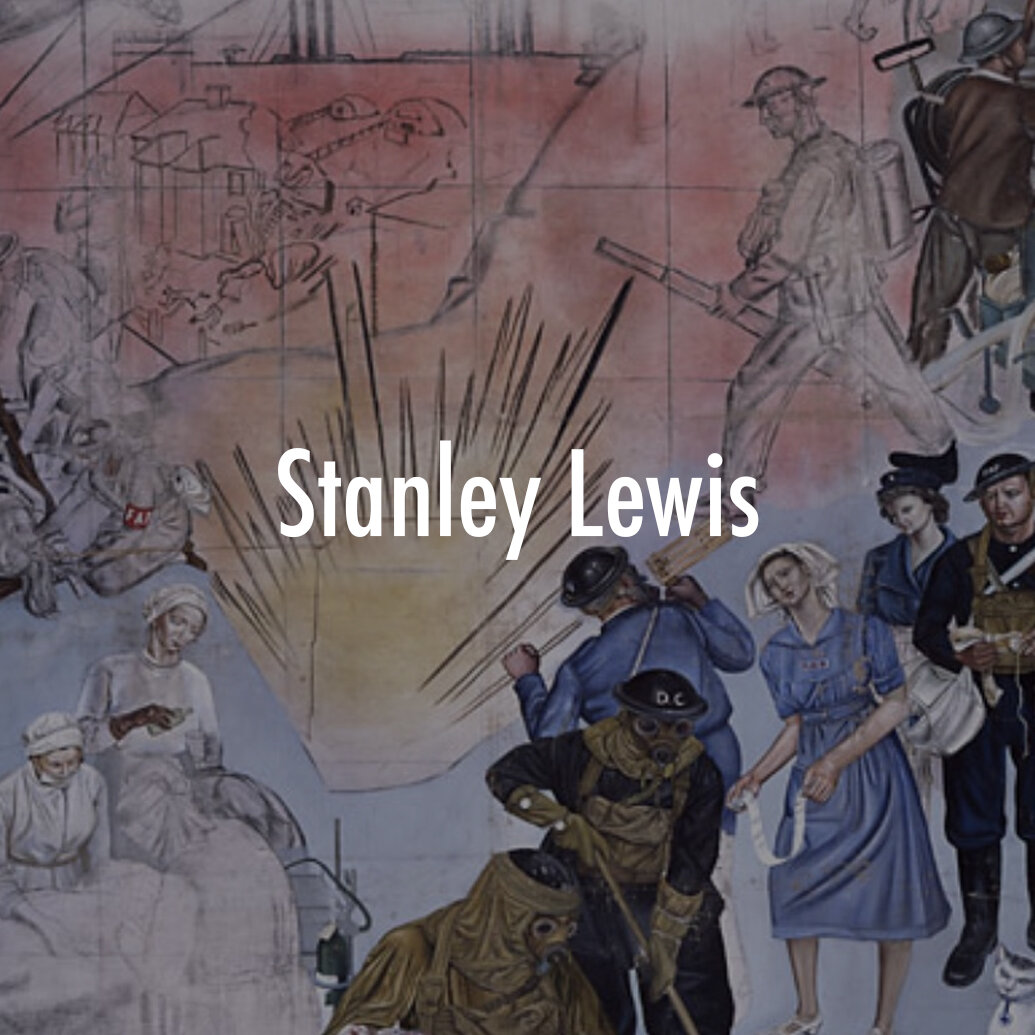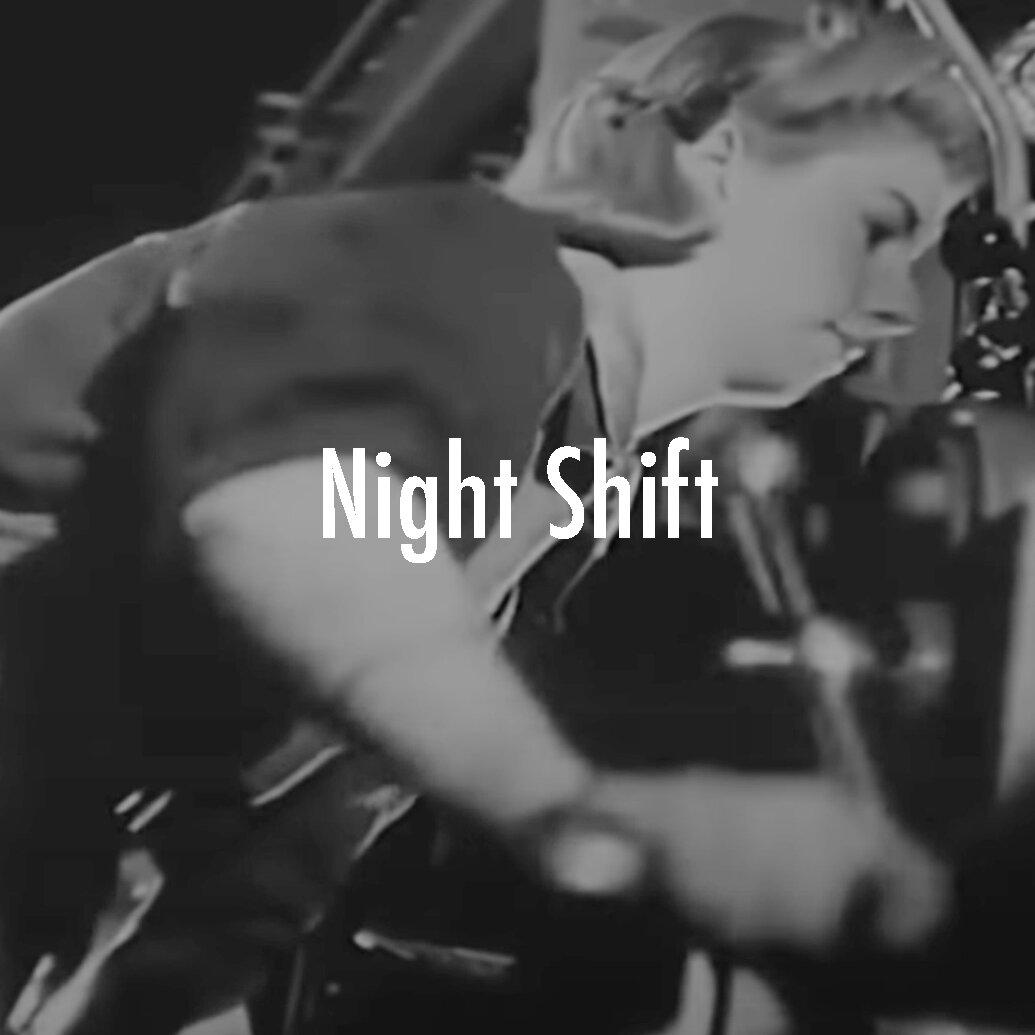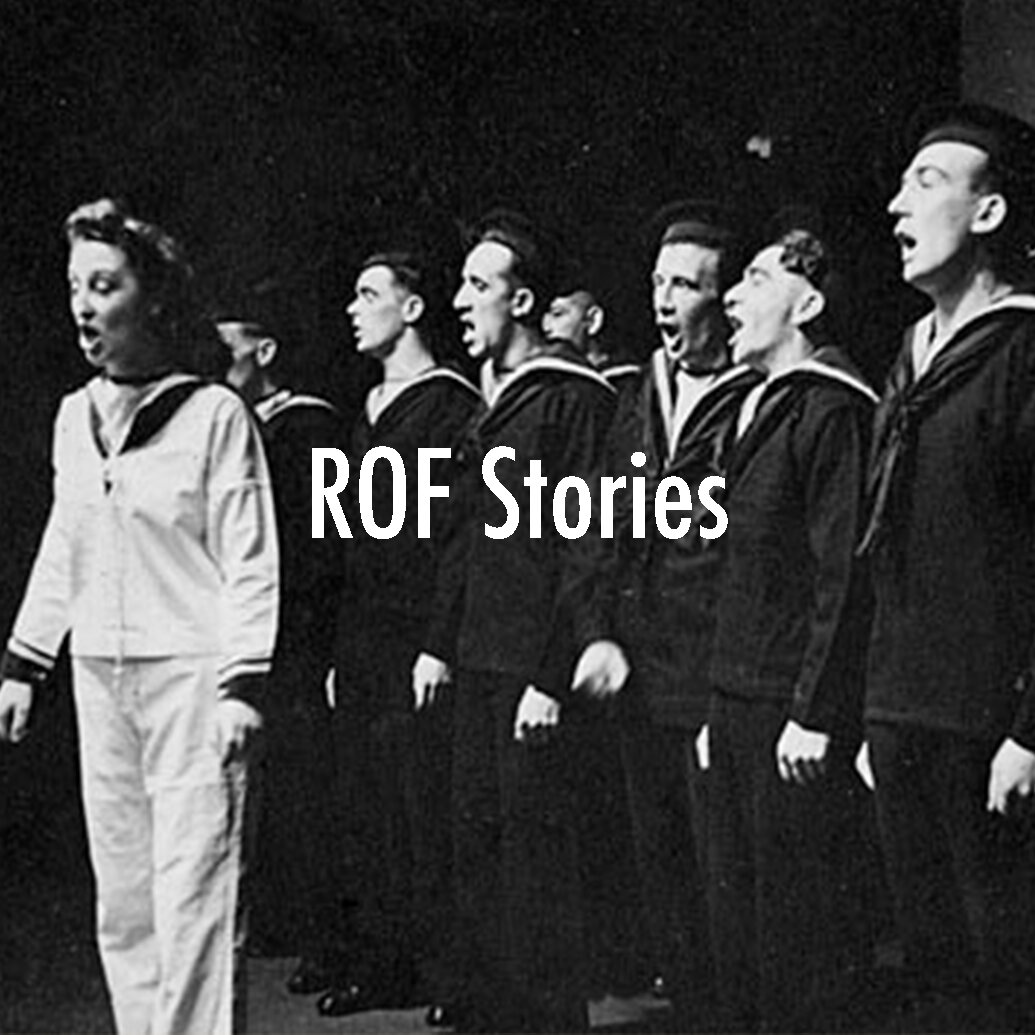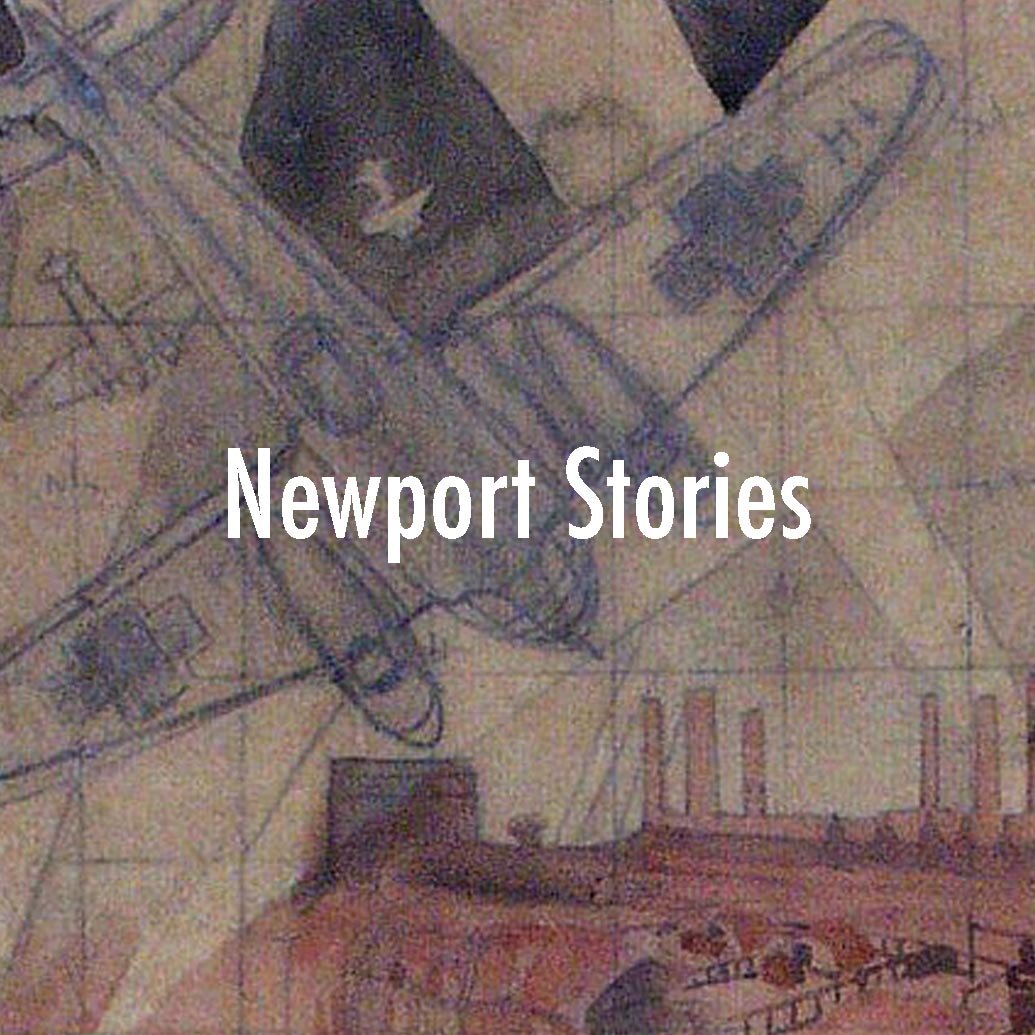Newport Stories:
She Was The Best
Howard Pitt was five years old when the war began in 1939.
This is his story.
"The war didn’t mean very much to us young kids at the time. Then things started to happen - all the young men went off to the forces and some had to go down the coal-mines to work, they were called Bevin Boys.
A Bevin Boy was a man conscripted to work in the coal mines of the United Kingdom from December 1943 until the end of World War II. They were chosen at random from conscripts. Nearly 48,000 Bevin Boys performed vital but largely unrecognised service in the coal mines, many were not released until years after the war.
The fields behind our houses started to look like a large building site then a high fence went up all around it. We didn’t think it was fair because we thought they were our playing fields, and they want to keep us out. Then we discovered it was to become a Royal Ordnance Factory for making war materials.
She was the best
Times started to get hard with food rationing but mother would make a meal out all sorts of things. The smell of home cooked cakes when you came in through the door was wonderful and tasted better than today’s ready made food. She was the best. There was lots of love in our house and all the money in the world cannot buy that.
Our school days were limited to mornings one week and afternoons the next and the girls vice versa that was to stop us using upstairs for safety reasons in an air-raid, but we didn’t complain. We still managed to have a reasonable education and go on to better things in life.
At the bottom of our street in the ROF, a Barrage Balloon had been sited to keep the aircraft away; also at night the soldiers would come around with their smoke screen trucks and cover a large area with a smoke screen. The smell of It was something, mother would always know where we had been, talking to the soldiers as our clothes would smell of the oily smoke. Sited at the top of Belmont where part of the Celtic Manor golf course is, was a detachment of Royal Artillery with a very large gun; when that was fired you would hear the bang it helped to make us feel a little safer. We called it Big Bertha.
Then men came with the air raid shelters. Holes were dug in the garden and they were erected and covered over with soil. When there was an air raid we would go down into it and many a night we would sleep down there. We were glad we did because the night a bomb landed in our street it badly damaged six houses and smashed a lot of windows. When a land mine was dropped in Eveswell Street it caused a lot of damage and killed some people. The railway line in between saved us from the blast although some of the windows in our row were smashed.
I was playing in the street one day with my pal John when a telegram boy on his bike stopped at John’s house. Being two nosey kids we went to find out what was happening. After a little while he came out and said in a casual sort of way it’s only to tell us my dad is missing somewhere in Burma and we carried on playing - we were only eight year olds. Later his family was told he was killed in action in Burma; like so many families when this happened things were very hard. Sadly John died in a lorry accident a few years ago but I don’t think he would mind me writing this. That is one thing that sticks in my mind clearly after all this time. So much was given by those people.
At the end of the war there were street parties every where and it was a long time before things started to improve. The street lights started to come back on and the old black-out blinds thrown out. What a change now from walking home in the pitch dark, it’s hard to imagine it now. Food and clothing was still on ration, how our mothers used to manage to feed and clothe us I still wonder, but they did, people helped one another in those days and although times were hard, I would still prefer our childhood compared with today’s where kids get everything and don’t appreciate what life is all about. I wrote this small letter after my grandson said to me what was it like in the war grancha and started to think back on how life was then.
How times have changed.”
Howard Pitt, October 2005
